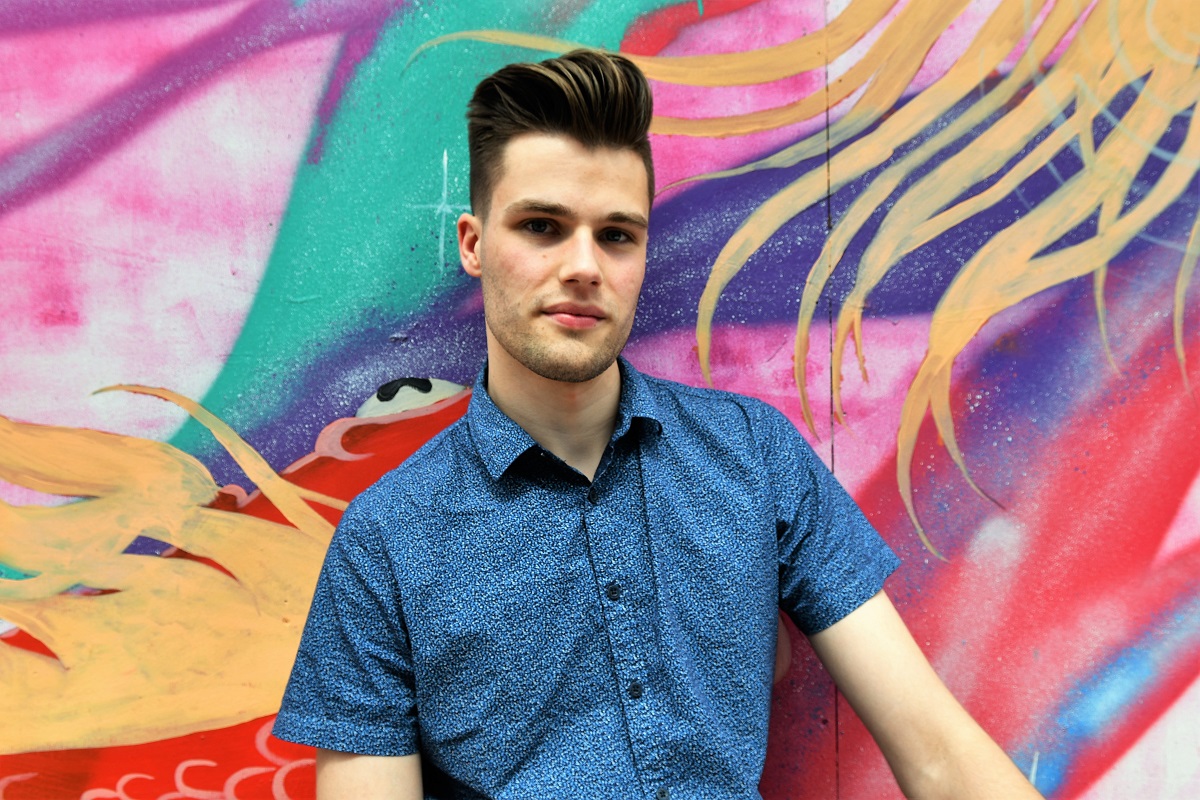
Flinders student Liam McGeagh has received a high commendation in the international Undergraduate Awards for his research on fighting the burgeoning illicit antiquities trade.
Enrolled in his penultimate year of the Bachelor of Arts Enhanced Program for High Achievers, Liam combined his dual passions of archaeology and criminology to complete an analysis of the black market trade in antiquities and its impact on cycles of crime and poverty.
His research addressed antiquities trafficking on a global level but utilised several case studies from Egypt, the Middle East, America and the Atlantic.
“The Illegal dealing of historic artefacts not only destroys irreplaceable archaeological information and world heritage, but also perpetuates social and economic deprivation,” says Liam.
“By delving more deeply into the systematic exploitation of artefacts, I was able to identify the true cost and implications of antiquities trafficking, which can be deep and long-lasting.”
Many of the artefacts that Liam surveyed were smaller, mobile objects or larger items that had been broken into separate pieces both for ease of transport and in order to gain as much profit as possible by selling each fragment individually.
As part of his project, Liam researched strategies to combat and nullify the effects of antiquity smuggling at multiple levels, drawing from tried and true strategies that had been implemented to address the impact of other illicit markets, such as those involving cigarettes and diamonds.
Some of the nullifying measures that Liam looked at included certification schemes to ensure the legitimacy of incoming artefacts and blanket import bans on artefacts from active conflict zones.
Liam found that many of these strategies had helped to ‘give something back’ to the communities who had suffered the most from cycles of criminal activity and cultural loss.
Entitled, Fighting the Illicit Antiquities Trade: A Multi-Level Analysis, Liam’s paper was among 6,472 papers received by the Undergraduate Awards from 300 institutions across 47 countries.
Only the top ten per cent of these papers were awarded high commendations.
“Liam’s achievement reflects a high degree of creative thought and scholarly aptitude, two qualities that we encourage as part of the Enhanced Program for High Achievers,” says Dr Erin Sebo, Lecturer in Medieval Literature and Topic Coordinator for the Enhanced Program.
“We want our students to adopt innovative, cross-disciplinary approaches to their research and to tackle social issues, rather than be constrained.
“It’s why employers value Humanities graduates and why business degrees are starting to include Humanities modules in their programs.
“Liam has taken exactly the kind of inventive approach that we try to inspire in our students,” says Dr Erin Sebo.
As a result of spending so much time researching the care and display of objects of lasting value, Liam now hopes to pursue a museum career and continue to combine his interests in archaeology, history and the law.
Category winners of the Undergraduate Awards will be announced at the Undergraduate Awards Global Summit in Dublin on 9 November 2017.

